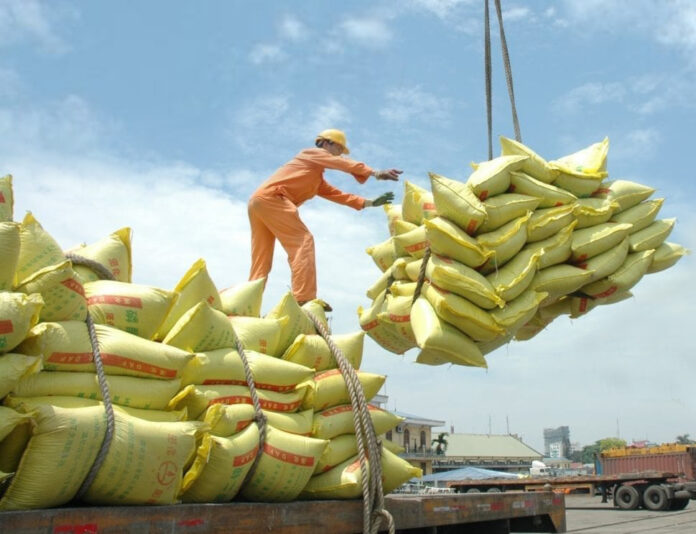The Senate Standing Committee on National Food Security and Research, headed by Senator Syed Masroor Ahsan, conducted an oversight visit to the Department of Plant Protection (DPP) headquarters to assess progress in sanitary and phytosanitary (SPS) compliance, particularly in controlling maximum residue limit (MRL) breaches affecting key agricultural exports.
The visit follows a recent wave of reforms initiated under the directive of Prime Minister Shehbaz Sharif, which have reportedly led to a significant improvement in export standards and a marked reduction in international interceptions, especially of rice consignments.
Senior DPP officials — including Director General Tahir Abbas, Deputy Director Quarantine Muhammad Ishfaque, and Director Quarantine Muhammad Basit — briefed the committee on various interventions aimed at aligning Pakistan’s agri-export procedures with global food safety protocols.
Committee members were informed that 2023 saw 61 rice consignment interceptions by the European Union over MRL and aflatoxin concerns. This figure surged to 106 in 2024, with 73 linked to excessive pesticide residue. However, the number of interceptions has dropped to 30 so far in 2025 — 13 for MRL violations and 15 for aflatoxins — signaling the initial success of reforms.
Officials credited this turnaround to tighter monitoring, expanded awareness campaigns, and improved coordination with provincial governments and industry players. They singled out four pesticides — Acetamiprid, Chlorpyrifos, Imidacloprid, and Thiamethoxam — as major contributors to earlier MRL breaches.
The reforms were sparked by prime ministerial instructions issued in December 2024, calling for disciplinary action against negligent officers and fast-tracked establishment of pesticide residue testing labs.
The committee also examined developments in the maize export sector, where Pakistan produces over 10.6 million tonnes annually across 1.72 million hectares. Although maize exports reached 1.837 million tonnes in FY 2023-24, they fell to just over 786,000 tonnes in 2024-25. While the drop was partly attributed to elevated domestic prices, phytosanitary rejections by Vietnam — due to Khapra Beetle infestation — also impacted the trade.
After Vietnam issued a third warning and reported 72 interceptions, the DPP enforced a two-week suspension of maize exports and penalised fumigators deemed responsible. In response, authorities registered 63 storage godowns compliant with export standards, introduced traceability protocols, issued pest-specific fumigation guidelines, and tightened inspection and certification regimes. Jute bags, identified as a major vector for infestation, were also placed under stricter regulation.
Mango exports were another focus area during the visit. Committee members discussed the stringent compliance requirements in high-value markets like Japan, Korea, and the United States, where access hinges on phytosanitary treatments such as hot water treatment (HWT) and vapour heat procedures.
While the DPP has developed standard operating procedures and installed CCTV surveillance for HWT facilities, the Senate committee expressed concern over operational gaps and called for tighter oversight to safeguard Pakistan’s market access.
The meeting concluded with renewed emphasis on enforcement, exporter education, and fast-tracking laboratory infrastructure to preserve the country’s agricultural reputation and grow its global market footprint.




